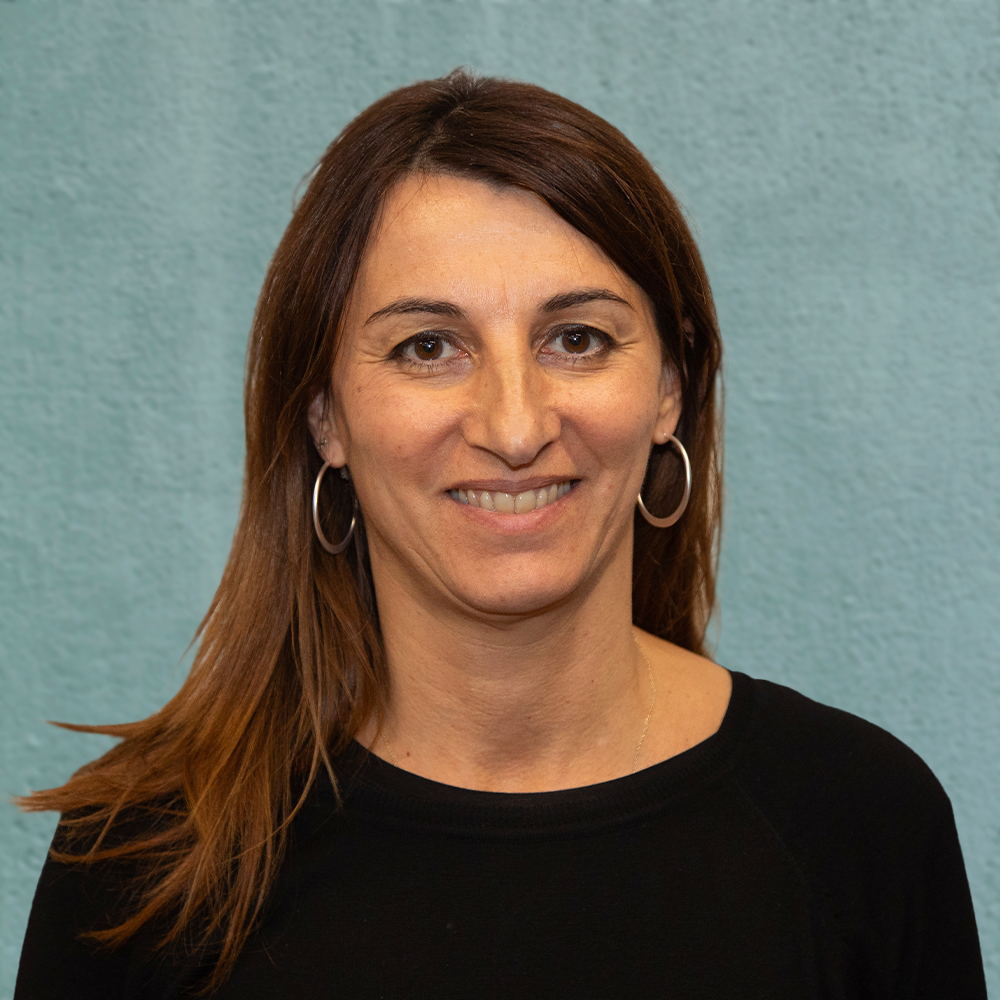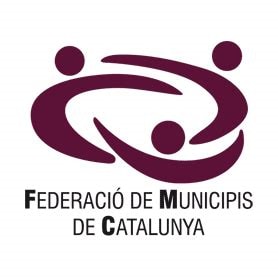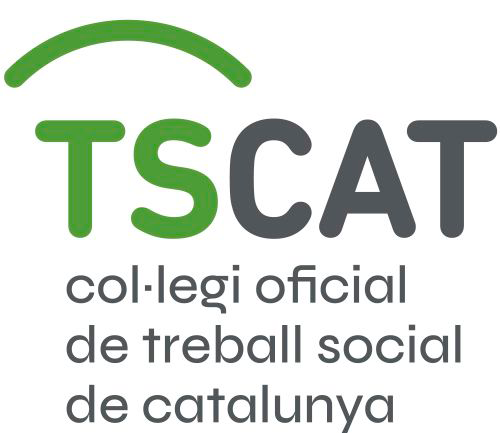How to improve communication and the image of Social Services
Description
Change the way we explain ourselves to give value to what we do. Training programs in the field of Social Services.
“When we change the way we communicate, we change society”. Clay Shirky
Despite the fact that public and private budgets dedicated to Social Services have not stopped growing in recent years, this investment effort is often not perceived or valued by part of the citizens.
The difficulties faced by public authorities and NGO that manage Social Services in explaining and highlighting their actions are not only related to the lack of knowledge of what Social Services are among a large part of the society, but also to the survival of stereotypes and old views that have little to do with what Social Services are today, which are not perceived as a universal system that provides care throughout our life cycle. The strong points of their action are scarcely known by the public, and many people are not interested in them or not consider themselves potential users because they only associate them with poverty, exclusion and the most excluded layer of society.
But communication and reputation management is not only complex for the Social Services sector. Other sectors of society have managed to reverse similar situations through an appropriate strategy. Innovation in Social Services also means changing the way we explain ourselves and communicate, to give value to what we do.
Recipients
Elected positions, coordinators of Social Services and communication managers of City Councils and County Councils.
Professionals from organizations in the third social sector that provide public services.
Goals
- Reflect on the identity of Social Services.
- Strengthen the reputation and brand of Social Services in the territory
- Get to know the environment and the various audiences of local Social Services to implement more productive communication
- Acquire effective and practical communication skills for the objectives pursued
- Learn to structure the message in relation to Social Services with optimal use of data and strengths of the organization and services.
Format and duration
Online or face-to-face, depending on the edition. The course consists of 12 hours divided into 8 workshops with Social Services and communication experts where materials, tools, references, examples and experiences of the participants are shared. The sessions have a practical approach, to give tools, resolve doubts and point out how to start a noticeable improvement in communication and the local image of Social Services.
Coordination
Víctor Guerrero, Degree in Journalism from the Autonomous University of Barcelona and has more than ten years of experience in Social Media and Digital Marketing. He went through radio and the local press before starting his digital stage at the Catalan Radio and Television Corporation. He was then head of content and social networks at the Hispanetwork agency, where he also recruited clients and managed digital advertising. Since 2017, he has been working at Zinkdo, where he manages the online communication of companies and the monitoring of brands
Next editions
- Open editions: write to formacio@isocial.cat
- For editions on demand, the full course is priced at €2,290 and allows the participation of teams of up to 25 professionals.
- This training is bonusable.
- The course can be complemented with an advisor service to design a communication plan of the social services of the municipality or county, which includes a diagnosis of the situation of the territory and the main needs to be solved.
| Nº | Workshop |
|---|---|
| 1 | Social Services identity: mission and social function |
| 2 | Communicative context of Social Services |
| 3 | Communication and public channels in Social Services |
| 4 | How to make a Social Services Communication Plan |
| 5 | How to manage the reputation of Social Services |
| 6 | Diagnosis of channels: web and offline media |
| 7 | Diagnosis of channels: social networks |
| 8 | Indicators, measurement of results and closing of the course |

Núria Fustier
PhD in Social Work and Degree in Law, professor at the University of Barcelona and the University of Girona. With 25 years of experience in Social Services: director of the Social Services of Santa Coloma de Gramenet; evaluation and planning at the Provincial Council of Barcelona (Municipal Comparison Circles); and member of the team of the 1st Strategic Plan for Social Services of Catalonia.

Víctor Guerrero
Degree in Journalism from the UAB. He went through radio and the local press before starting his digital stage at the Catalan Radio and Television Corporation. He was then head of content and social networks at the Hispanetwork agency, where he also did customer acquisition and digital advertising management.

Núria Palomares
Degree in Business Sciences, Marketing and Public Relations with postgraduate degrees in High specialization in Management Techniques and with a mention in Social Media and Digital Marketing.










